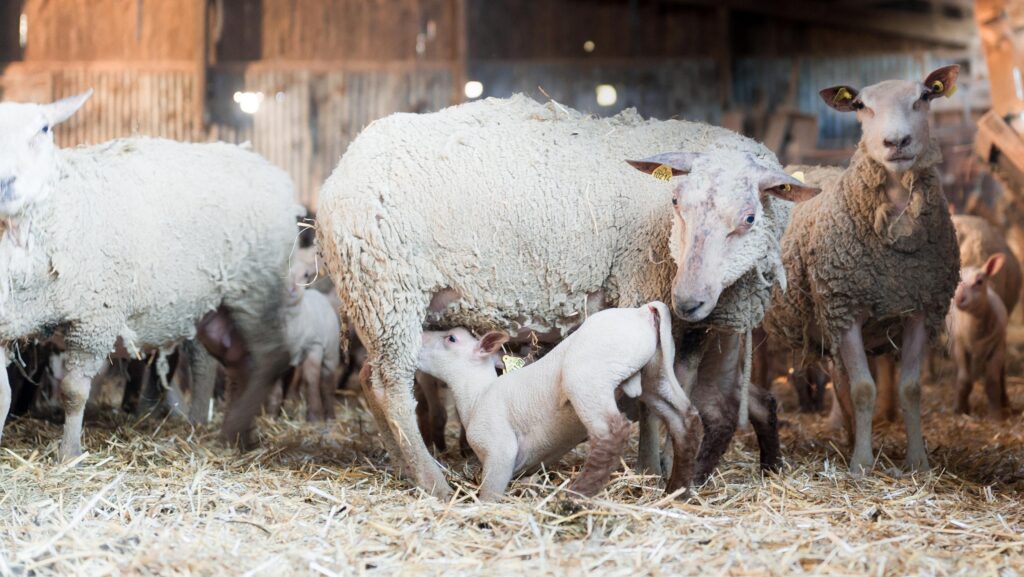How to get the most out of “Battle Bluetongue” campaign
 © Adobe Stock
© Adobe Stock Efforts to arm farmers with tools and knowledge to battle bluetongue are ramping up across the country in an industry-wide vaccination campaign.
Led by vets, “Battle Bluetongue” urges farmers to consult with their vet about vaccinating their flock or herd against bluetongue serotype 3 (BTV-3) this spring.
With no treatment available, prevention is only possible through vaccination, and this is currently only permitted in England, say senior vets.
See also: Bluetongue cases hit 200 as zone extends in South West
A vaccine decision-maker tool is part of a range of aids to support farmers as part of the campaign, which Dr Amey Brassington of AHDB says will help farmers vaccinate the right animals.
Vaccination drive
“The aim of the campaign is to increase the level of vaccination against this vector-borne virus to stop the spread once we are in the high-risk midge season,” said Amey.
Independent sheep vet expert Fiona Lovatt of Flock Health said vaccination was the most effective tool farmers had to protect their stock, but action is required now.
“Vets are uniquely placed to ensure farmers are informed and supported in making the right decisions for their livestock,” she said.
“Currently, the use of the vaccine has been authorised under licence in England only.
“However, we continue to encourage vets and farmers in all devolved nations to make sure they are aware of how BTV-3 is transmitted and take caution against misinformation about protecting their herds or flocks.”
Farmers should make the most of their vet’s expertise, and the tools available to them.
They should also note the following steps to keep abreast of latest thinking on bluetongue.
1. Engage
Vaccination for BTV is an investment that should be discussed with the farm vet, to decide which animals and which strategy to follow.
Topography, location, and the stage of gestation should be considered.
Density of livestock in the surrounding area, proximity to infected holdings and aspirations to sell breeding stock and germplasm abroad also need taking into account.
2. Follow
The campaign encourages farmers to:
- Assess your risk Co-operate with your vet to evaluate the risk of BTV on your farm, using the vaccine decision-maker tool
- Protect your business Identify risks that can be controlled on your livestock holding to safeguard your business from restrictions
- Defend your stock Reduce transmission and stop spread by vaccinating the right animals.
3. Research
Detailed information is available on the Ruminant Health and Welfare website.
Available to download are:
- A vaccine decision-maker tool [PDF]
- A vaccine comparison table [PDF]
- Information on BTV vaccine licences
- Latest advice from vets
4. Remember
BTV is a notifiable disease. Failure to report it is an offence.
Those who suspect BTV can report it:
- In Wales, by calling 0300 303 8268
- In Scotland, by contacting your local Field Services Office
- In England, by calling Defra Rural Services Helpline on 0300 200 301.
